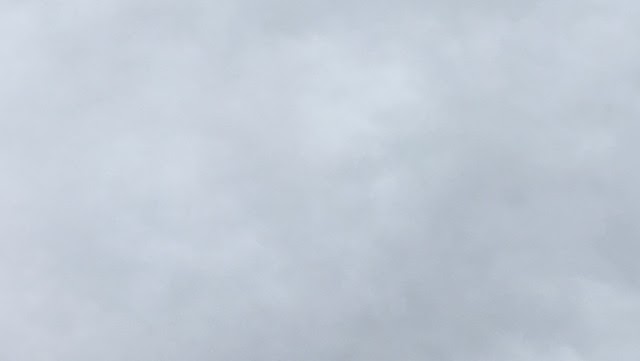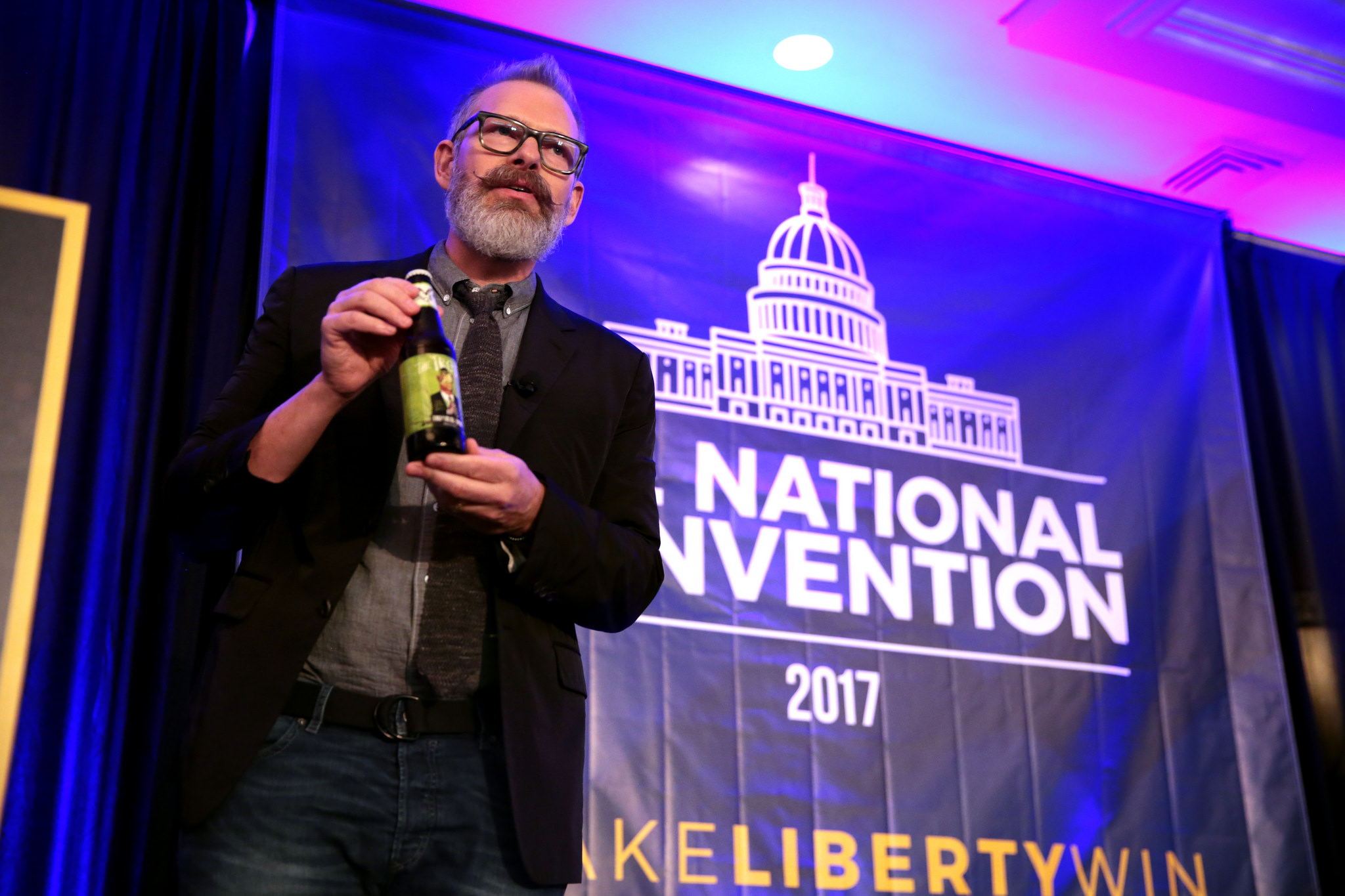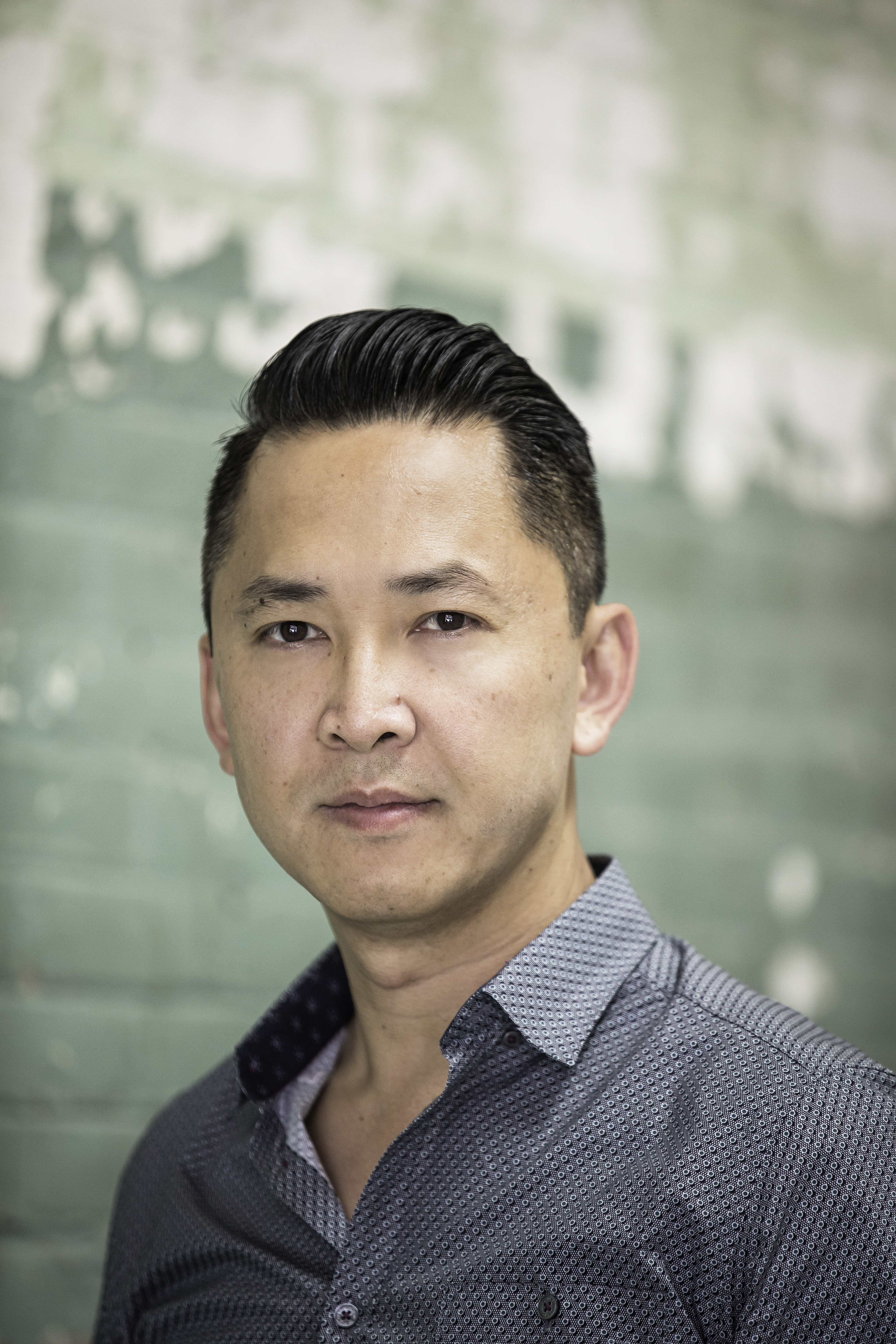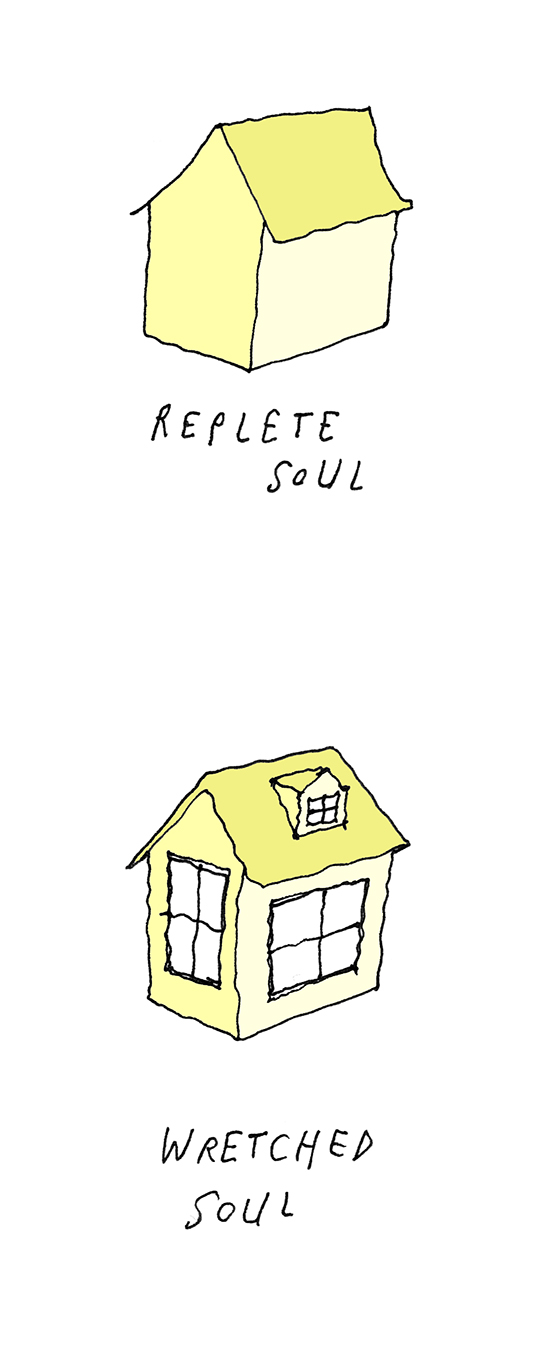A Poem by Matthew Zapruder
When I Was Fifteen
When I was fifteen
I suddenly knew
I would never
understand geometry.
Who was my teacher?
That name is gone.
I only remember
the gray feeling
in a classroom
filled with vast
theoretical distances.
I can still see
odd shapes
drawn on the board,
and those inscrutable
formulas everyone
was busily into
their notebooks scribbling.
D.K. / S.K.
You know the part of the Bible where it talks about how terrible things are gonna get and it’s like, “In the morning you will wish it were evening and in the evening you will pine for the day, because everything your eyes see around you will be so fucking horrible all the time”? I am not by any means a religious man but I can’t help feeling like we might have pissed off God or something. Anyway, here’s the new collaboration between Suzanne Kraft and Dang-Khoa Chau. Pitchfork is lukewarm about it but if you’re looking to Condé Nast for music recommendations that’s on you. Anyway, enjoy.
New York City, October 17, 2017
 ★★★★ The sun and the reflected sun sparkled together relentlessly, lighting up individual strands of hair. The exertion of hurrying from the school to the apartment to fetch the forgotten viola music served to take the edge off the chill. A ray of light did a trick shot off a high window of the Lincoln Building, under the subway canopy, and down the stairs to hit the mezzanine floor. The cool air tightened up the scalp. The lit-up teeth on the top of the Parsons building looked like the cutting edge on a box of aluminum foil. At lunchtime, the whole Flatiron Building, with the sun behind it, seemed to be levitating in an aura. Air conditioners threw afternoon shadows 10 or 15 feet long. Once again the shade in the cross street did a passable imitation of premature nightfall.
★★★★ The sun and the reflected sun sparkled together relentlessly, lighting up individual strands of hair. The exertion of hurrying from the school to the apartment to fetch the forgotten viola music served to take the edge off the chill. A ray of light did a trick shot off a high window of the Lincoln Building, under the subway canopy, and down the stairs to hit the mezzanine floor. The cool air tightened up the scalp. The lit-up teeth on the top of the Parsons building looked like the cutting edge on a box of aluminum foil. At lunchtime, the whole Flatiron Building, with the sun behind it, seemed to be levitating in an aura. Air conditioners threw afternoon shadows 10 or 15 feet long. Once again the shade in the cross street did a passable imitation of premature nightfall.
Let The New York Times Google That For You

Image: Quinn Dombrowski via Flickr
In 1908, there was no sparsely decorated webpage with a blinking cursor silently begging to answer every stupid question that had ever decided to staycation in your brain. So when New York Times reader F.S. Shaw wanted to know the heights of the Eiffel Tower and the Singer Building in order to settle a bet, his best option was sending a letter to the newspaper. When fellow subscriber David Levy was curious about the population of Salt Lake City, he did the same, as did the person who just wanted to know how Benedict Arnold’s descendants were doing. Eventually, the answers appeared in a column in the fashion and society section, forbear to the Sunday Styles, next to articles about the Long Branch dog show, the fine weather at Bar Harbor, and diatribes against the dearth of small hats this season. It was called “Queries from the Curious and Answers to Them.” It was mail-order Google for the exceptionally patient.
The column could stretch for more than a page if the answers or questions were complex two-parters, which they often were. It began with a disclaimer: “This department does not pretend to be infallible.” The ink-stained sleuths refused to answer questions about “the correctness of English sentences,” as discerning New York Times readers should be more than capable of consulting a reference book, or the cost of coins or stamps, because no one else cares about your philatelic concerns. If you complain about the word “cocktail,” prepare to be shamed. (“Avast there! Let the cocktail alone. Its name comes from the hoary past and is not a thing to be lightly treated.”) And don’t even think about asking for “a list of all persons who have died in England leaving fortunes. Obviously it would be impossible to give such a list.”
Max Cooper, "Stacked Moments"
Question for you: When was the last time you were able to say, “Wow, today just flew by”? I’ll wait. That’s all I do now, is wait. That’s all we all do. We wait and wait and wait and wait and an ending never arrives. Each day is longer than the one that came before and the hours you spend wishing it would all be over only take seconds off the clock. Want to feel old? Monday was nine million years ago. Anyway, here’s music. Enjoy.
New York City, October 16, 2017
 ★★ The bright parts in the overcast sky went from fuzzy glowing spots to choppy-looking rifts. Far inland, on the horizon beside the apartment slab and over the river, ran a band of clear pale blue. But the rifts closed again and the clouds over Manhattan stayed dark. Leaves and garbage spun in a sweeping curve without rising high enough to menace the eyes. The pale blue stayed out of reach, a bright band framed at the far end of the cross streets, as the cold wind blew. This was the day the color disappeared from everyone’s wardrobes: black jackets, black sweaters, pants of no shade at all. The sun finally did appear, only to be lost again in the hastening evening shadows. High white wisps of cirrus were moving fast from south to north, while low pink shreds were moving north to south even faster.
★★ The bright parts in the overcast sky went from fuzzy glowing spots to choppy-looking rifts. Far inland, on the horizon beside the apartment slab and over the river, ran a band of clear pale blue. But the rifts closed again and the clouds over Manhattan stayed dark. Leaves and garbage spun in a sweeping curve without rising high enough to menace the eyes. The pale blue stayed out of reach, a bright band framed at the far end of the cross streets, as the cold wind blew. This was the day the color disappeared from everyone’s wardrobes: black jackets, black sweaters, pants of no shade at all. The sun finally did appear, only to be lost again in the hastening evening shadows. High white wisps of cirrus were moving fast from south to north, while low pink shreds were moving north to south even faster.
Let's Rename The Williamsburg Bridge
Obviously there are issues of greater importance in the world right now but seeing as a bill to rename the Williamsburg Bridge after Sonny Rollins has been introduced in the City Council we want to go on record as being fully in favor of the proposal. To quote an underappreciated genius, “If we don’t do this soon some future mayor will name it after Bloomberg instead,” and nobody wants that. Learn more here.
Matt Kibbe And The Liberteens

Image: Gage Skidmore via Flickr
“The great political philosopher, Frank Zappa, once noted that if you want to be a real country, you have to have a beer and you have to have an airline,” says Matt Kibbe. He’s on a roof deck, speaking into a camera, surrounded by beer. The former president and CEO of conservative astroturf group, FreedomWorks, Kibbe co-authored the Tea Party manifesto, Give Us Liberty, and was one of the movement’s main architects. “Well as it turns out, under socialism, you can’t even get a beer anymore.” He’s referring to the the troubles of Cerveceria Polar, Venezuela’s main beer manufacturer. At the age of 54, Kibbe has ditched his creepy sideburns and grown a beard. If before he looked like a guy who’d just been fired from GameStop, now he is reassuring and vaguely paternal. “See this beer?” he says, looking straight into the camera. “This beer is freedom and you’ll pry it from my cold, dead hands.” The bottle opener sitting on the table next to him appears to be a replica of a cherub.
Kibbe says he became a Libertarian at the age of thirteen, after hearing the Rush album 2112. (In an email to me he mistakenly referred to it as 2012.) A concept album set in a dystopian future in which the world is controlled by the “Priests of the Temples of Syrinx,” 2112 is dedicated to “the genius of Ayn Rand,” specifically her book Anthem. The band is pretty popular among libertarians, in 2015, Rush drummer, Neal Pert, told Rolling Stone that he’d sent Rand Paul a number of cease-and-desist letters to get him to stop quoting Rush in his speeches.
An Interview with Viet Thanh Nguyen

This conversation with Viet Thanh Nguyen took place a few days after he received a MacArthur “genius grant”. As the author of a Pulitzer prize-winning novel (The Sympathizer), and a collection of short stories (The Refugees), as well as a nonfiction work chronicling narratives of the Vietnam War (Nothing Ever Dies: Vietnam and the Memory of War), Nguyen is both a scholar and a storyteller. He explores the confluence of narrative and memory throughout his oeuvre, and how the experiences of Vietnamese refugees, and Vietnamese-Americans, are molded by both; in an essay for the New York Times last year, Nguyen noted that “it is precisely because I do not look like a refugee that I have to proclaim being one, even when those of us who were refugees would rather forget that there was a time when the world thought us to be less than human.”![]() So could you talk a little bit about the receiving the call?
So could you talk a little bit about the receiving the call?
It was definitely a big shock and a big surprise. I had just come back from a summer in Paris, so I’d just been home for a couple of days, and I got this phone call from a strange number. I didn’t know who it was, but I texted the number, “Who is this”, and they texted back, “It’s the MacArthur Foundation”. I thought I better call these people right away, and I just had to sit down for the duration of the conversation.
But by the time the news broke, I’d had a month to think about it. And it was actually a huge relief once it was out there, and I could finally start acknowledging it to everybody.
Can you recall your earliest memories of writing?
Well, I think the first book I wrote was actually in the third grade. In elementary school, we made our own books, that type of thing. So I wrote it, drew it, bound it, and it won a prize at the public library, and I think it was the first time the thought occurred to me that I could actually do something with this.
Then I dabbled in writing throughout grade school, and high school, and I started getting more serious about it in college.

